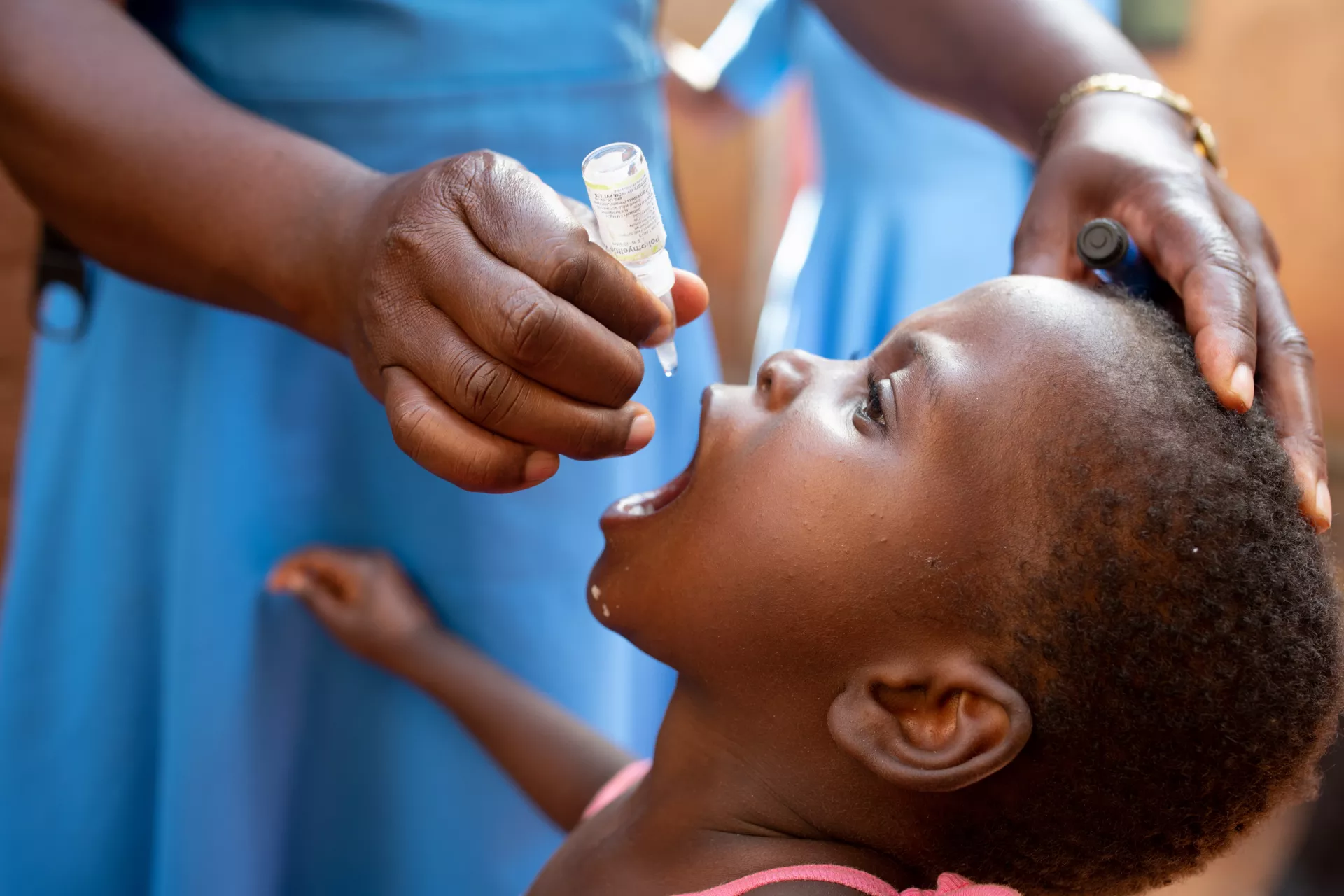What is Poliomyelitis?
Poliomyelitis, or polio, is a viral infection that spreads from person to person, mainly through contaminated food or water. Most people who get the virus do not feel sick, but in some cases it can cause serious muscle weakness or paralysis, especially in the legs. Severe cases may affect the muscles used for breathing, which can be life-threatening.
If you or your child may have polio or show sudden weakness, you can book a consultation with Hope Plus to speak directly with a healthcare provider. They can advise you on what to do immediately, how to prevent spread, and when hospital care is needed.
Signs and Symptoms
- Mild cases: Some people may only have a fever, headache, tiredness, vomiting, or muscle pains, usually resolving on their own within 10 days.
- Severe cases (paralytic polio): Rapid weakness in the legs, often one side more than the other, which can progress quickly over hours. Muscle stiffness, difficulty walking, and in some cases, trouble breathing may occur.
- Complications: Some patients may develop meningitis (inflammation around the brain and spinal cord), permanent muscle weakness, or joint problems later.
Caring for Someone with Polio
- Rest and support: If paralysis occurs, rest is crucial. Avoid intramuscular injections as they may worsen weakness.
- Hospital care: Patients with severe symptoms or breathing difficulties should be taken to a hospital for monitoring, supportive care, and physiotherapy.
- Rehabilitation: After recovery, physiotherapy and exercises are important to regain muscle strength. In cases of severe contractures, corrective surgery may be considered.
- Vaccination: Children who were not fully immunised should complete their polio vaccine schedule to protect them from future infection.
Prevention
Community action: If a case is confirmed, health authorities may organize a local or mass immunisation campaign to protect everyone in the area.
Vaccination: Immunising all children under 5 is the most effective way to prevent polio.
Hygiene and sanitation: Wash hands regularly, and ensure proper disposal of faeces.
Isolation and precautions: Suspected or confirmed cases should be cared for separately to avoid spreading the virus.


